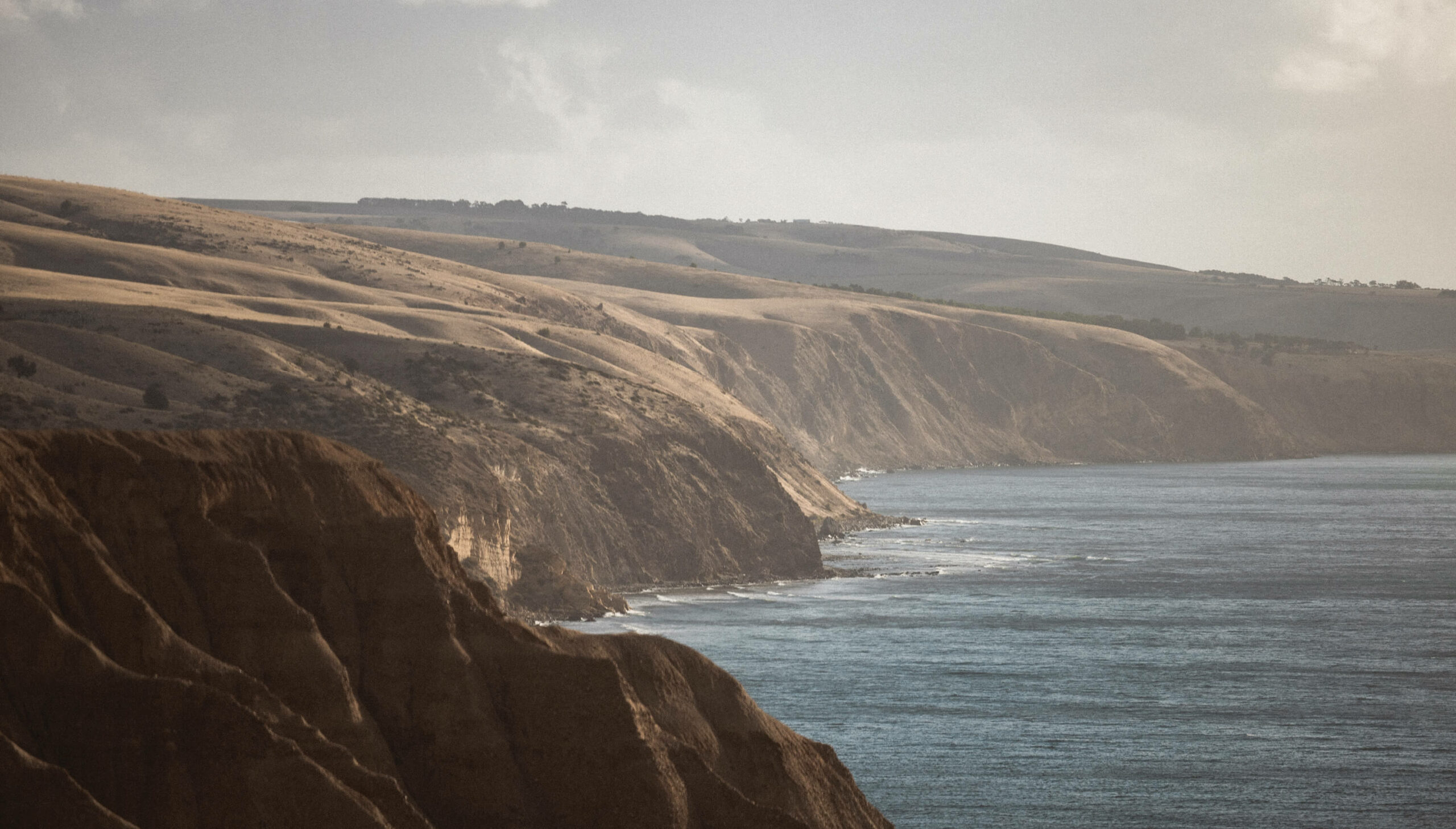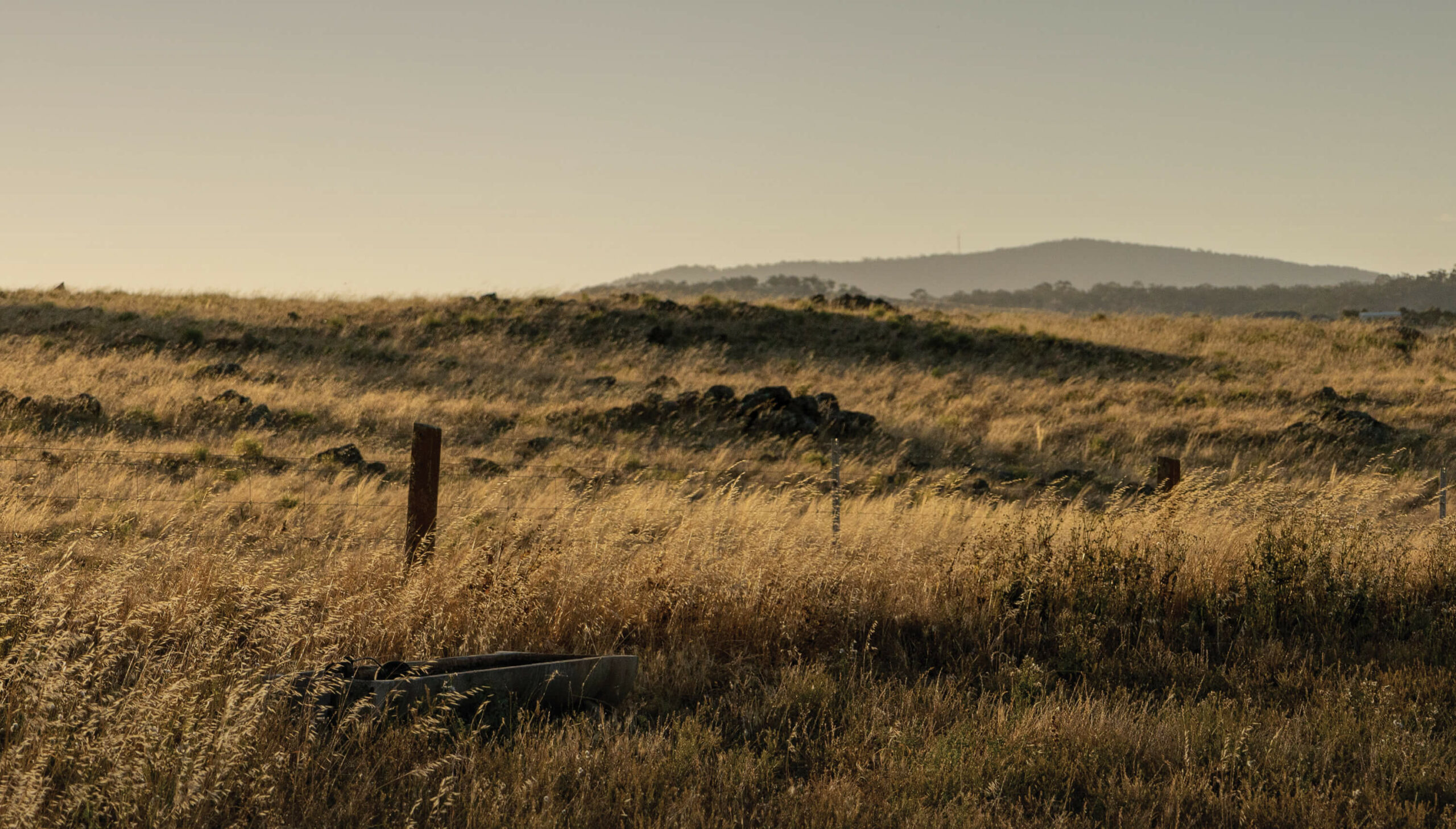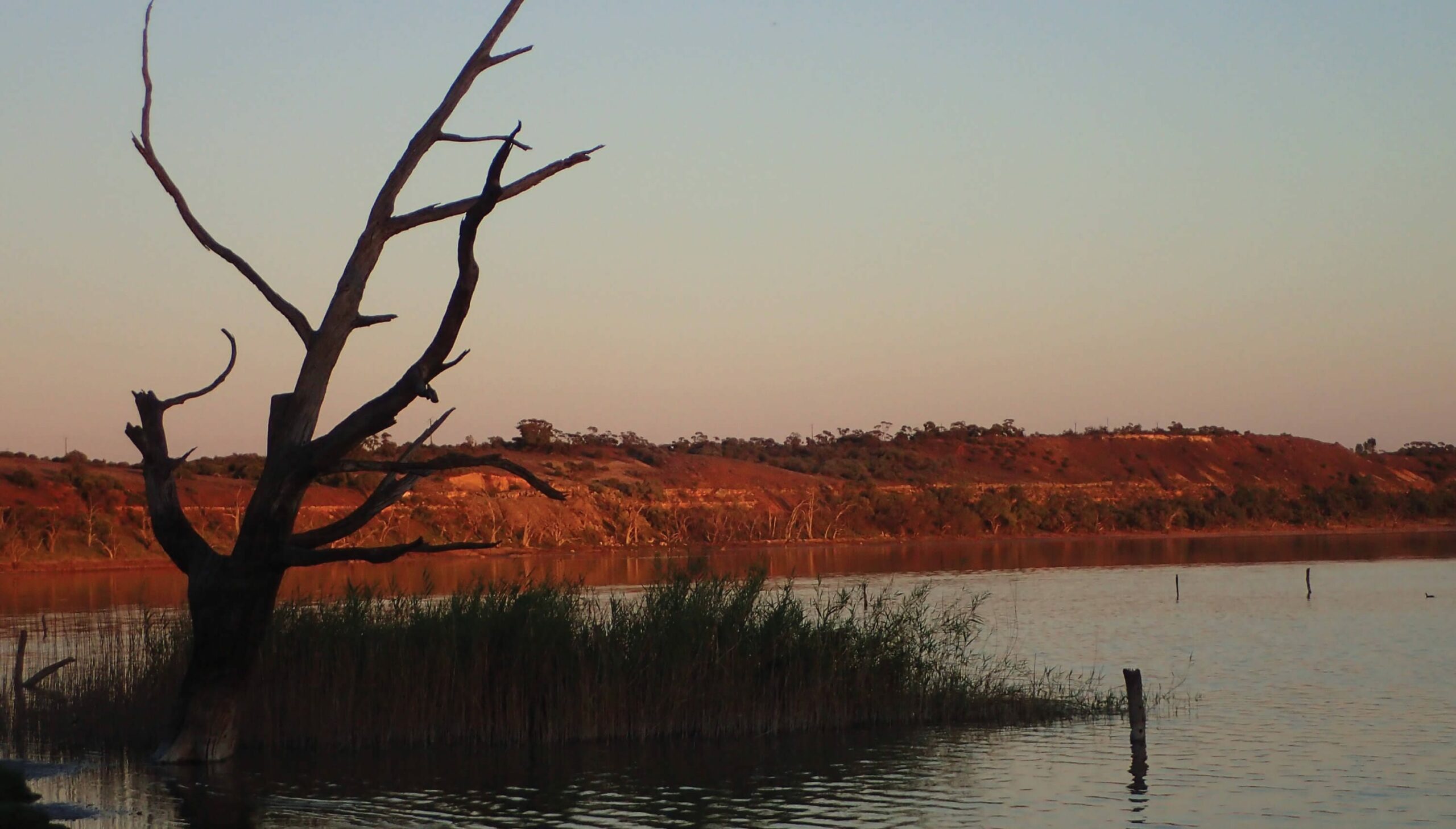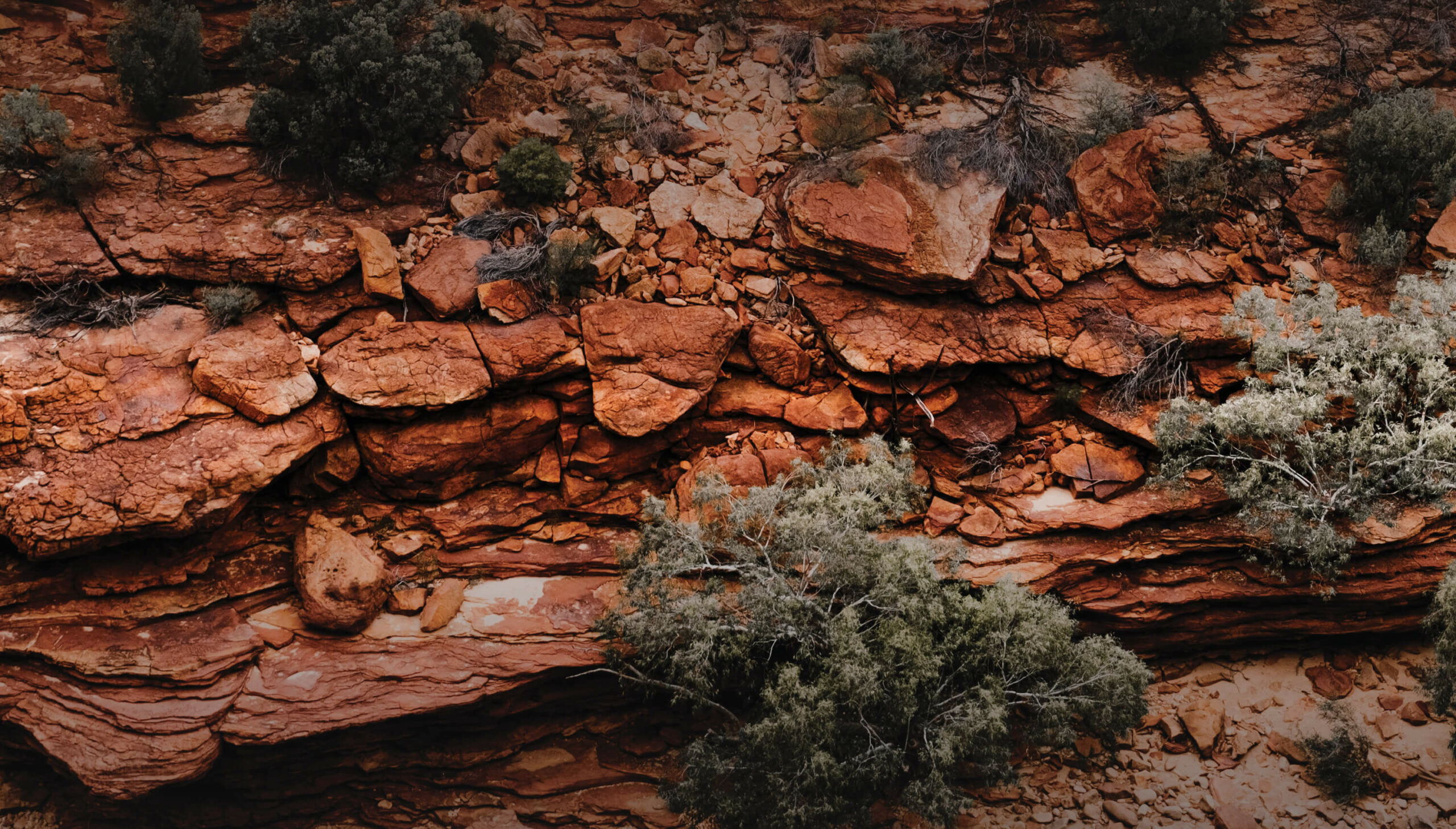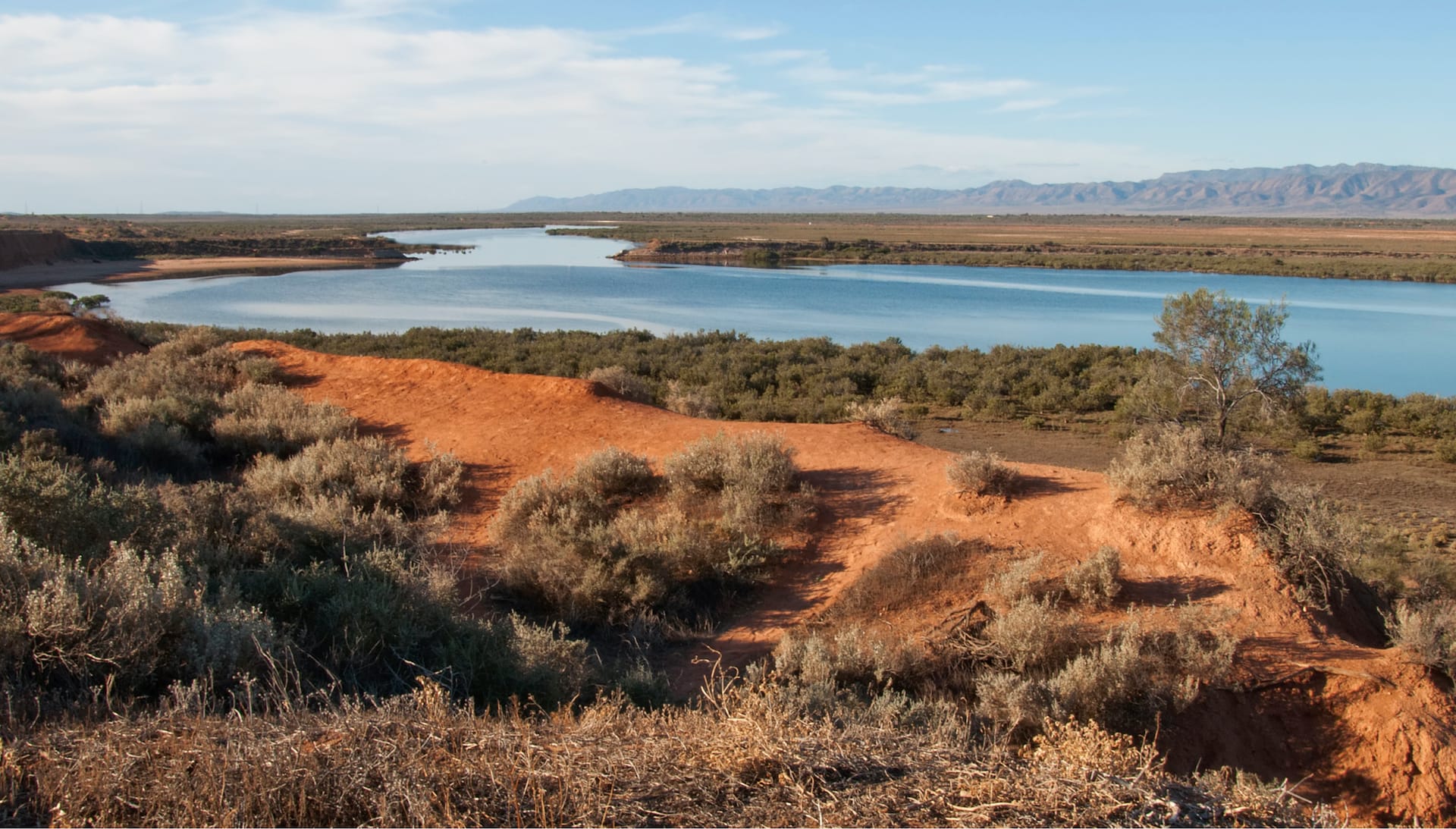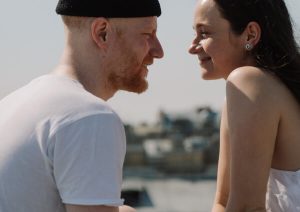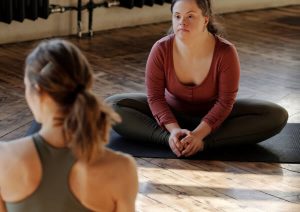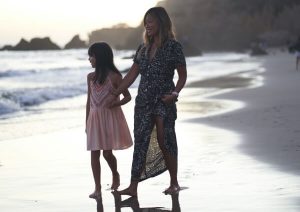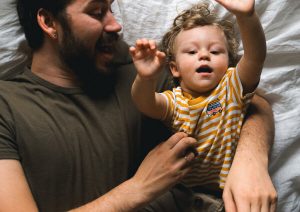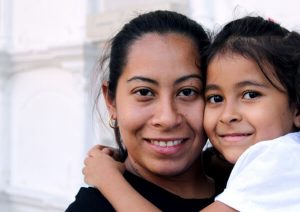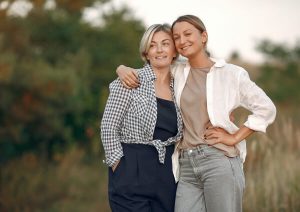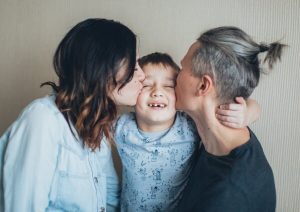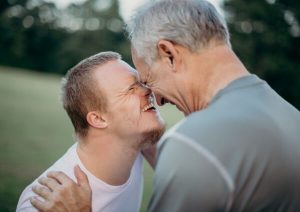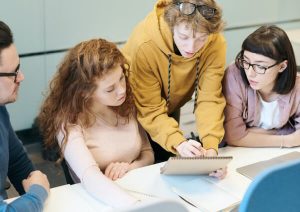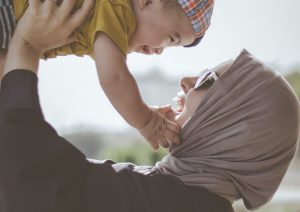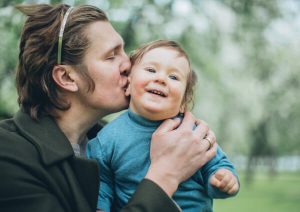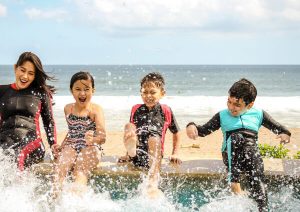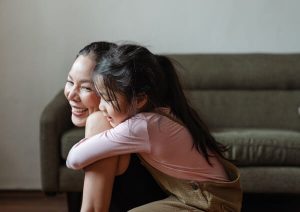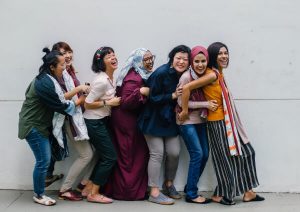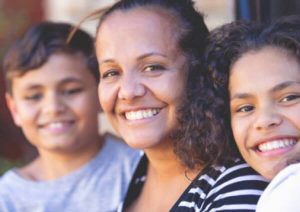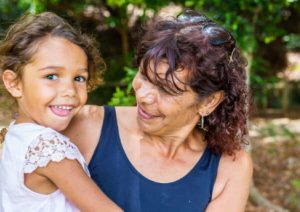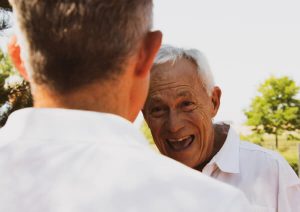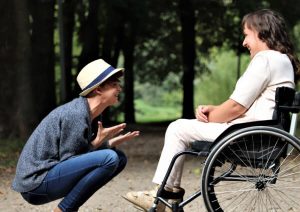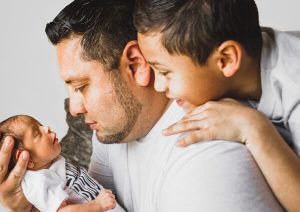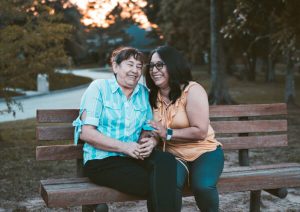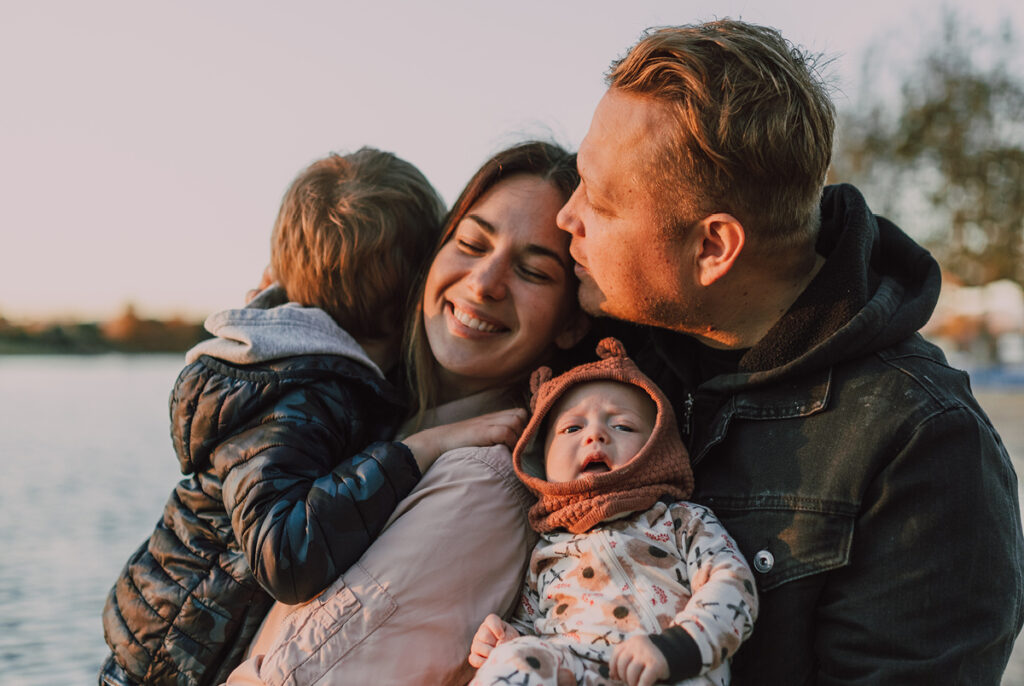Police Clearance
All prospective employees and volunteers of Relationships Australia (SA) require a National Police Certificate which is 6 months old or less. This certificate is required in order to:
- Ensure the safety of staff and clients
- In particular, to ensure the safety of children and vulnerable persons
- Ensure the security of Agency property and funds
- Ensure that the employee is able to carry out the inherent elements of the position
- Meet the requirements of funding bodies.
Positions which involve working with children and vulnerable persons will be indicated on the job description.
- A child or children, refers to an individual or group of individuals under the age of 18 years.
- Vulnerable person/s refers to individuals aged 18 years and above, who is or may be unable to take care of themselves or is unable to protect themselves against harm of exploitation by reason of age, illness, trauma or disability, or any other reason.
These positions, which are funded by the Commonwealth Government under the Family Relationship Services Program (FRSP) and the Department for Families and Communities (DFC), will be required to adhere to contract requirements as outlined in the procedures. Funding agreements place requirements and restrictions on Relationships Australia (SA) in relation to police clearances and this must also be taken into account.
Where a person has an offence or court record, a risk assessment involving seeking additional information will be undertaken by the Chairperson of the Selection Panel or Manager, to determine the relevance of the offence to the position. A recommendation will then be made to the CEO, whose approval is required in order for an appointment to proceed.
It is important to recognise that a National Police Certificate will also provide information which is not relevant to the position.
Prospective employees with a criminal record may feel sensitive and have concerns that their application will not be treated fairly. Prospective employees are therefore provided with information about the process and can be assured that all applications will be considered based on their merits.
Join Our Newsletter
Receive the latest news and content.
